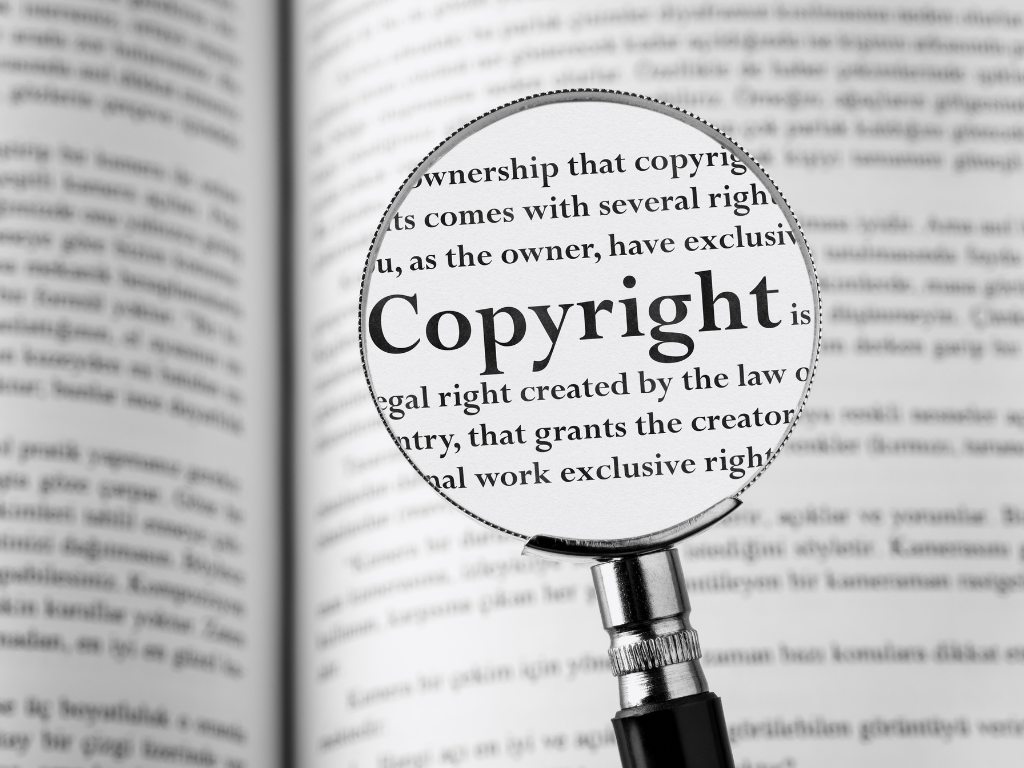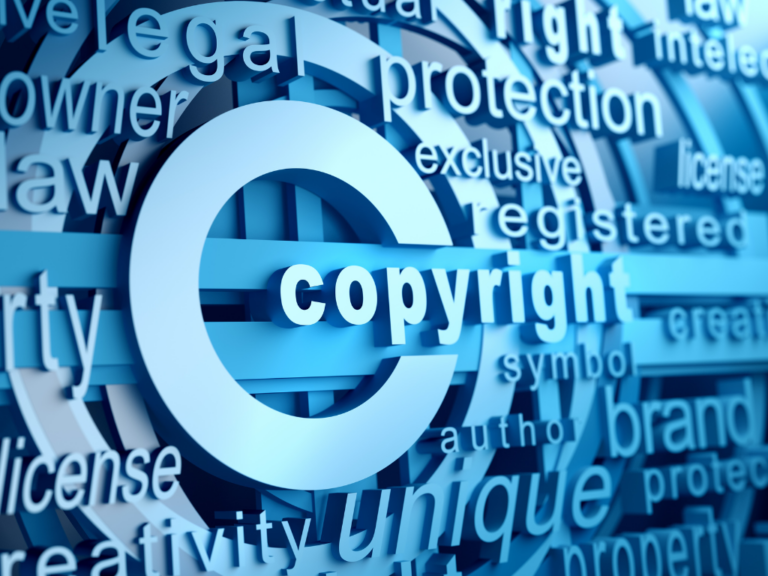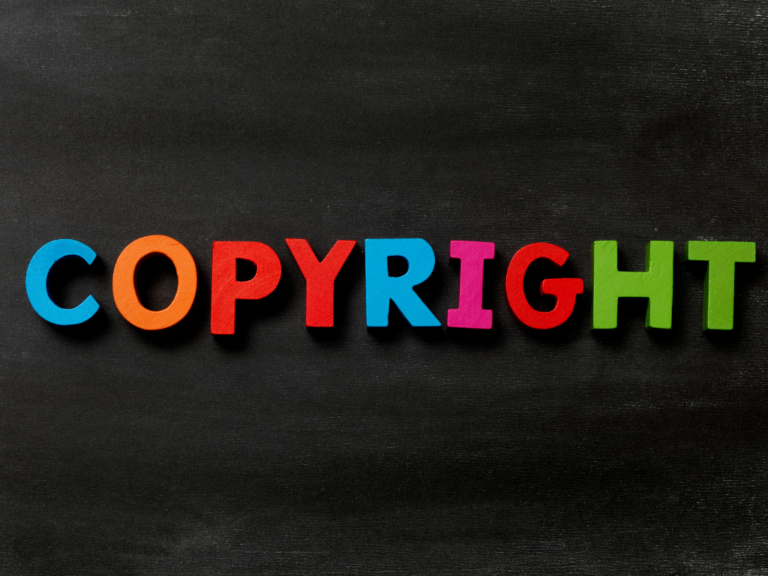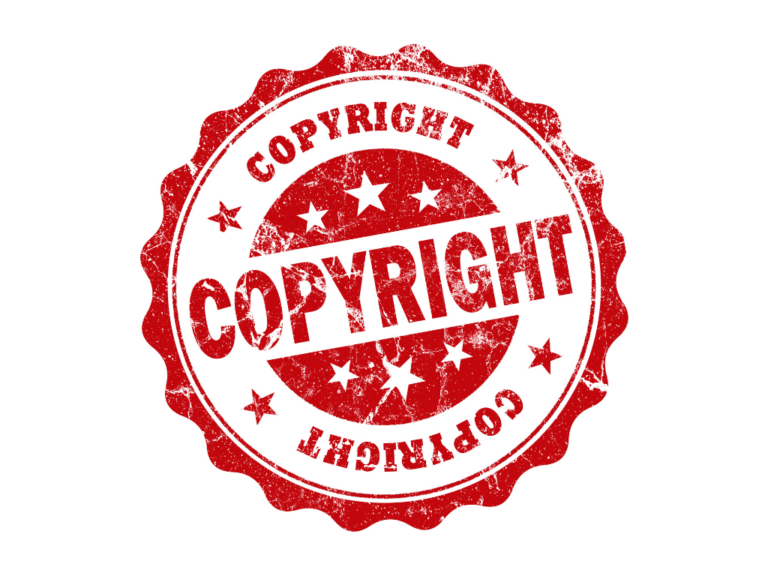Call us now:
The copyright in Vietnam includes which rights? Let’s explore through the article below.

What is Copyright?
According to the provisions of Article 4 of the Intellectual Property Law of Vietnam, Copyright is the right of the subject regarding the work they have created, composed, or owned. Thus, there are two ways to establish copyright:
– Copyright arises when an individual creates or composes a work. In this case, the person directly creating or composing the work will have copyright for that work.
– Copyright arises when an organization or individual, who did not create the work themselves, invests money, materials for someone else to create or compose the work, or acquires the copyright from the person who directly created the work.
The copyright in Vietnam includes which rights?
According to the provisions of the Intellectual Property Law of Vietnam, copyright includes both personal rights and property rights.
Personal Rights
1. The right to name the work:
The author has the right to name the work they have directly created. When the author transfers their work to someone else, the author has the right to transfer the naming rights to the transferee.
The right to name the work does not apply to translated works. This means that translated works must use the name of the translated work accurately from the name of the original work.
2. The right to be identified as the author of the work
The author has the right to be introduced by their real name or pseudonym when the work is published or used. This right applies to derivative works based on the original work. Therefore, when publishing or using derivative works, organizations and individuals must introduce the name and author of the original work.
3. The right to disclose the work
The author has the right to independently disclose the work or allow others to disclose their work.
Disclosing the work involves releasing the work to the public, excluding: the performance of stage, film, music works; reading literary works; broadcasting literary and artistic works; exhibiting visual arts works; constructing works from architectural works.
4. The right to protect the integrity of the work
The author has the right to take legal measures to protect the integrity of their work, counteracting any distortion, mutilation, or modification of the work under any form. Any unauthorized modification of the work without the author’s permission constitutes an infringement of the author’s moral rights.
Property Rights
1. The right to create derivative works
Derivative works include translations, adaptations, modifications, transformations, compilations, annotations, selections from the original work. The author may create derivative works themselves or permit organizations or individuals to create derivative works based on their original work.
2. The right to perform the work in public
The copyright owner has exclusive rights or may authorize others to perform the work directly or through recordings, videos, or any other technical means accessible to the public. Performing the work in public involves presenting the work wherever the public can access it.
- For written works, works expressed in language: Lectures, presentations in crowded places, via screens, through loudspeakers, or through other technical devices.
- For music works: Performing in crowded places, presenting on stage, auditoriums, via screens, loudspeakers, or through other technical devices.
- For film works: Screening in crowded places, or through technical means.
- For photographic works, fine arts works: Displaying, exhibiting, introducing, or presenting the works.
3. The Right to Reproduce the Work
The right to reproduce the work is the exclusive right of the copyright owner to perform or authorize others to create copies of the work in any form, including electronic forms.
4. The Right to Distribute, Import the Original, or Copies of the Work
The right to distribute or import the original or copies of the work is the exclusive right of the copyright owner or the right holder to sell, lease, or transfer the original or copies of the work for a limited period. The right to lease the original or copies of computer programs does not apply in cases where the computer program is not primarily intended for lease (e.g., computer programs associated with the operation of vehicles, machinery, equipment, etc.).
5. The Right to Transmit the Work to the Public via Wired, Wireless Means, Electronic Information Networks, or Any Other Technical Means
This is the exclusive right of the copyright owner or the right holder to transmit the work or copies of the work to the public at the time and place of their choosing using wired, wireless means, electronic information networks, or any other technical means.
6. The Right to Rent the Original, Copies of Cinematographic Works, Computer Programs
The right to rent is the exclusive right of the copyright owner or the right holder to lease for a limited period or permit others to lease for exploitation and use. The right to lease does not apply to computer programs when the computer program is not the primary subject for lease (e.g., computer programs associated with the operation of vehicles, machinery, equipment, etc.).
Intellectual Property Services in Vietnam
We are a professional organization operating in the field of intellectual property in Vietnam. With a team of certified lawyers specialized in intellectual property, we proudly provide consulting and copyright protection services in Vietnam for organizations and individuals, both domestic and foreign, at reasonable costs. Contact us now for quick and professional guidance and support in the copyright protection process in Vietnam.
Contact Us Now:
DCNH LAW
Address: 38B Tran Nhat Duat, Phuoc Hoa ward, Nha Trang city, Khanh Hoa province, Vietnam.
Phone: (+84) 343320223 – 974278893
Email: dcnh.law@gmail.com




